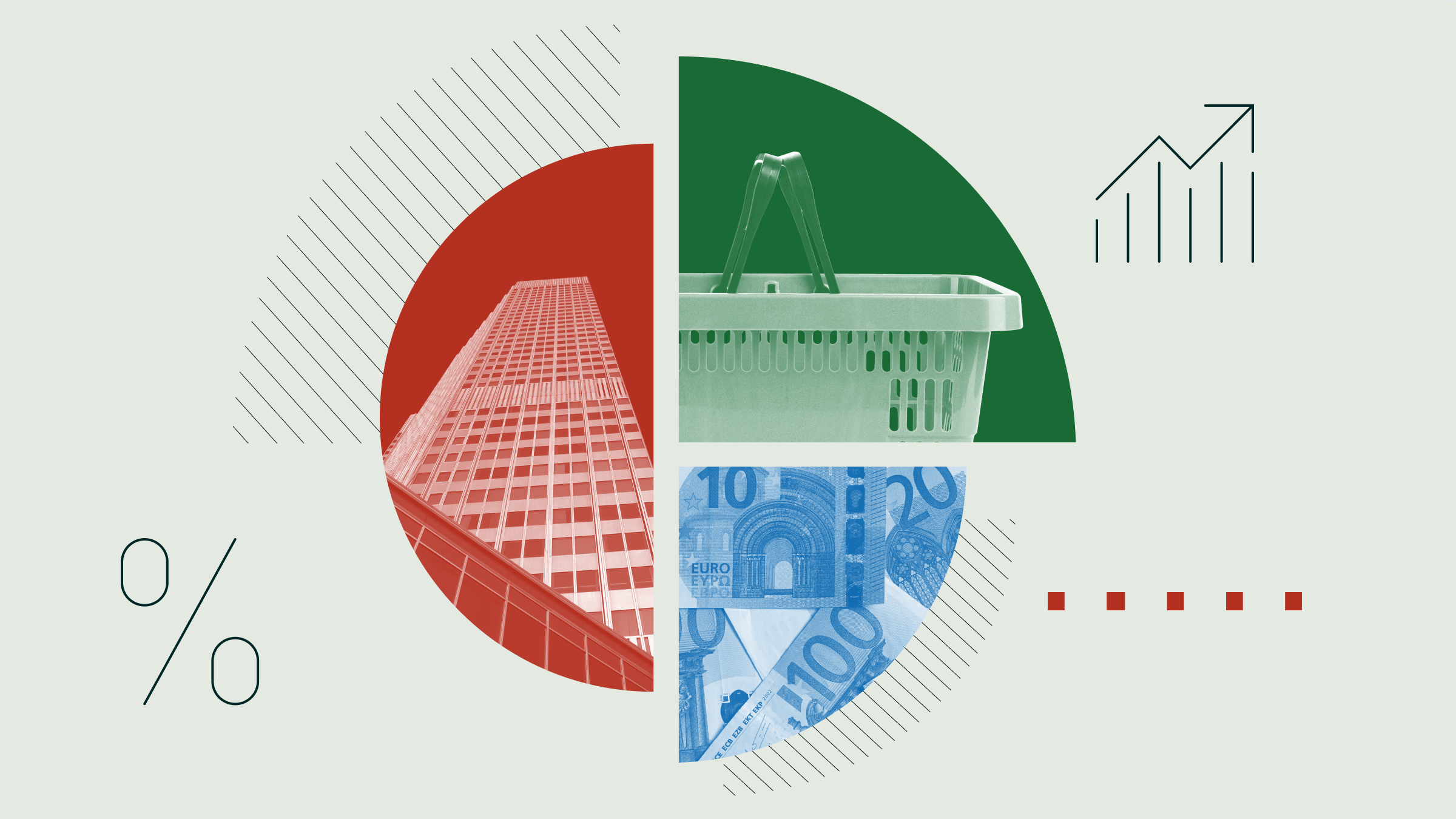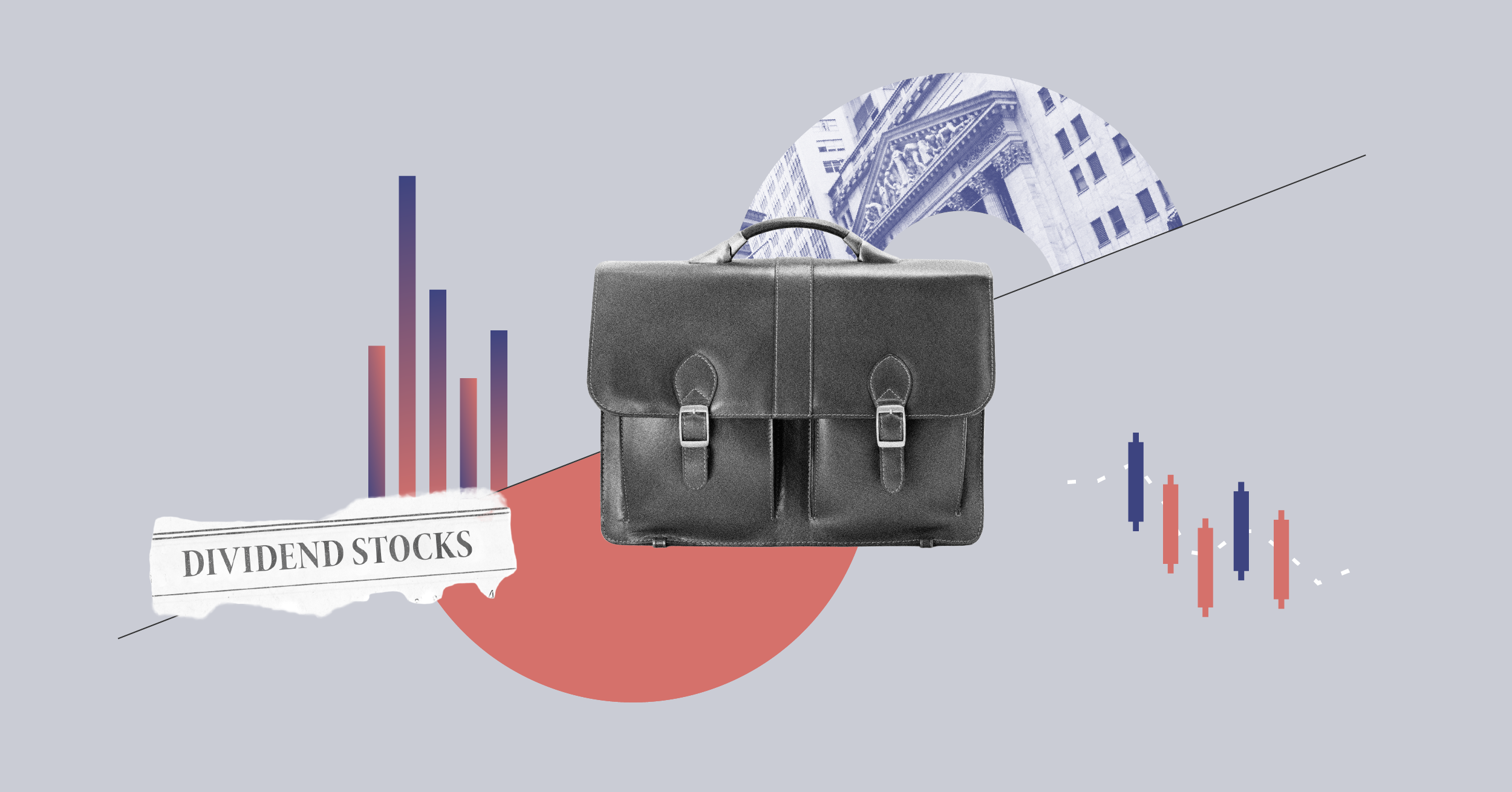Emma Wall: Hola, y bienvenidos a la Morningstar European Investment Conference. Soy Emma Wall y hoy está conmigo Roger Ibbotson, Profesor en la Yale School of Management para hablar sobre popularidad, riesgo y rentabilidad en el mercado bursátil. Hola, Roger.
Roger Ibbotson: ¿Qué tal estás?
Wall: La teoría de cartera sugiere que un mayor riesgo equivale a unas rentabilidades mayores, pero sé que has estudiado el tema, y dices que a lo largo del tiempo, los valores con una beta y volatilidad baja han batido a los más volátiles, ¿no es así?
Ibbotson: Eso es. Se asocia un mayor riesgo con una mayor rentabilidad en los mercados bursátiles y de bonos, pero sorprendentemente en el mercado de renta variable no es el caso; en realidad una beta y volatilidad baja en cualquier contexto ofrece mayores rentabilidades, mayores rentabilidades y menor riesgo.
Wall: Entonces, ¿qué genera esas rentabilidades? Si el riesgo no es una manera de ayudar a los inversores a medir qué va a obtener mayores rentabilidades, ¿qué podemos usar?
Ibbotson: En realidad lo que estoy diciendo se refiere a la popularidad. Hay características que no son populares, y tienen mayores rentabilidades. Generalmente el riesgo no es popular, así que se suele asociar con rentabilidades mayores, pero hay contextos donde el riesgo en realidad sí lo es y siempre va a ser menos popular lo que ofrezca mayor rentabilidad.
Wall: Supongo que un ejemplo de esto son los mercados emergentes antes de la recesión, estaban muy caros y tenían mucho riesgo.
Ibbotson: Sí, lo estaban, pero la gente estaba expectante, habían tenido unas buenas rentabilidades antes y supongo que la gente los compra cuando salen mucho en las noticias, y cuando salen mucho en las noticias están sobrevalorados y el momento de comprar en realidad es cuando las cosas no están en su favor. La idea es que hay que comprar las cosas cuando las cosas no están en su favor, habrá cambios de precios temporales, hay ciertas características que nunca serán populares, como las small caps, porque nadie quiere comprar una empresa que requiere mucho tiempo para analizar y luego, si eres una institución, no puedes poner mucho dinero.
¿Quién quiere comprar una acción? Ha visto las compañías – aquellas compañías que no son buenas, pueden tener unas buenas acciones, pero buenas acciones y buenas empresas no es lo mismo necesariamente. Es más fácil que a una buena empresa le vaya mal, y que empeore, y se vuelva mala, también es mucho más fácil que una mala empresa mejore.
Wall: Entonces, ¿eso es inversión contrarian?
Ibbotson: Es inversión contrarian, quizás con otro nombre, pero sí, es la misma cosa. Ha existido durante mucho tiempo, ahora aplicamos unas primas en el mercado, no solo desajustes de precio.
Wall: Entonces, usando su teoría, ¿dónde deberían poner los inversores su dinero ahora?
Ibbotson: Quieres comprar lo que no sea popular. Supongo que un ejemplo extremo sería Rusia. En esta conferencia hemos estado hablando mucho de esto – hemos tenido a alguien hablando sobre cuán terrible la situación es en Rusia. Lo que esto significa es que estas acciones en Rusia son realmente una ganga en cuanto a precio se refiere ahora mismo. Tienes que comprarlos cuando nadie los quiere. No es garantía de que funcionen, pero si pudieras hacer esto en muchos escenarios diferentes y en diferentes mercados, de media, vas a conseguir mejores resultados comprando valores no populares.
Wall: Creo que dijo en su charla, no enseñes a la gente lo que tienes en la cartera, solo los resultados.
Ibbotson: Si miras las acciones impopulares, normalmente hay algo mal con esas empresas; pueden tener una mala gestión, o simplemente una cadena de eventos que les han sucedido, pero es más fácil mejorar una mala gestión que mejorar una buena gestión. Si las buenas gestiones tienden a empeorar a lo largo del tiempo, las malas gestiones tienden a mejorar, pero los mercados parece que no se dan cuenta de ello. Comprar lo que no es popular tiene unas características de rentabilidad muy positivas. Una de las buenas cosas de esto es que siempre hay algo impopular. No desaparece cuando lo descubrimos.
Wall: Roger, muchas gracias.
Ibbotson: Gracias.
Wall: Soy Emma Wall para Morningstar. Gracias por vernos.
n? If risk isn't a way to help investors gauge what's going to outperform next? What can we use?
Ibbotson: Actually what I'm saying it is, is popularity. There are types of characteristics that are unpopular, have higher returns. Usually risk is unpopular, so usually that's associated with higher returns, but there can be contexts where risk is actually popular and it's always going to be the less popular that has the higher returns.
Wall: Actually, one example I suppose of that is emerging markets pre-recession, they were very expensive and they are pretty risky.
Ibbotson: Yeah, they were, but people get excited about them, they had a good run of returns before that and then they – people buy, I guess, they buy them when they were on the news a lot and when they are in the news a lot, they are overpriced and the time to buy them is actually when they are out of favor, so the idea here is, you buy things that are out of favor, they will be temporary mispricings, there are certain kinds of characteristics all that are always unpopular, such things as basically small caps, they are unpopular, because who wants buy a small cap when you spend so much time looking for the company and they can't – if you are an institution, you can't put much money into it.
Who wants to buy a value stock? Have you seen the – those companies are not good companies, they might be good stocks, but good stocks and good companies are not necessarily the same. It's easier for a good company to go bad, to get worse and a bad company – it's much easier for a bad company to improve.
Wall: It's contrarian investing then?
Ibbotson: It is contrarian investing, perhaps by another name here, but it is contrarian investing, so yes, it's the same thing, it's been around for long time, it's just being – now we actually apply to even premiums in the market, not just mispricing.
Wall: So then, look, using your theory, where should investors be putting their money now?
Ibbotson: You wanted to buy what's unpopular. I guess, sort of an extreme example might be Russia. At this conference, we've been talking about – we had somebody talk about how terrible the situation in Russia is. They are – what it means is that those stocks in Russia are really at bargain-basement prices right now. You have to buy them really when nobody else wants them. It's not guarantee to work, but if you could do this over a lot of different scenarios and a lot of different markets, on average, you are going to get better returns when you buy the unpopular stocks.
Wall: I think you said in your talk, maybe don't show people what's in the portfolio, you just show them the returns.
Ibbotson: Well, yes, you actually look at the stocks in unpopular stocks. Usually, there is something wrong with those companies, they may have bad management, they may just had a string of bad events that happened to them, but it's easier to improve bad management than it is to improve great management. If great management tend to get worse over time, bad management tends to improve, but the markets don't seem to realise that. So buying what's unpopular actually has very good returning characteristics. One of the nice things about this is, something is always unpopular at all time. It doesn't go away when we discover this.
Wall: Roger, thank you very much.
Ibbotson: Thank you.
Wall: This is Emma Wall for Morningstar. Thank you for watching.























